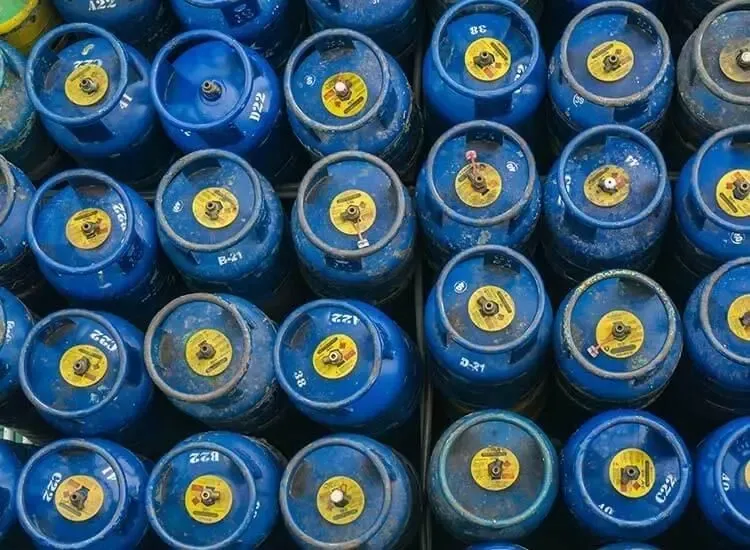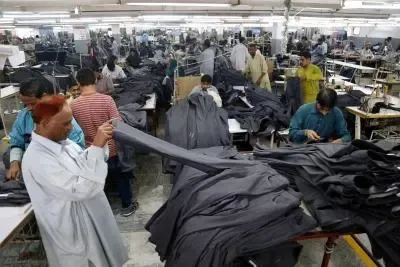Did Oil Firms Really Cut Commercial LPG and Jet Fuel Prices?

Synopsis
Key Takeaways
- Commercial LPG price reduced by Rs 14.50.
- Jet fuel prices decreased by 4.4%.
- Aviation Turbine Fuel price now at Rs 85,486.80 per kl.
- Lower oil prices are expected to ease inflation.
- India remains the third-largest oil importer in the world.
New Delhi, May 1 (NationPress) On Thursday, public sector oil companies announced a reduction in the price of commercial LPG by Rs 14.50 for each 19-kg cylinder. Additionally, the cost of jet fuel for airlines saw a decrease of 4.4 percent.
The cost of Aviation Turbine Fuel (ATF) was lowered by approximately Rs 3,954.38 per kilolitre to Rs 85,486.80 per kl, providing significant relief for airlines like Air India and IndiGo, where fuel represents nearly 30 percent of total operational expenses.
This price adjustment follows a prior decrease of 6.15 percent (equivalent to Rs 5,870.54 per kl) implemented on April 1, effectively neutralizing earlier price hikes.
The recent drop in fuel prices coincides with a decline in global crude oil prices, which have reached a four-year low, with the benchmark Brent crude trading around $63 a barrel, the lowest since April 2021.
Oil prices have fallen due to reduced demand amid a global economic slowdown. Moreover, Saudi Arabia, a major oil supplier, has signaled its unwillingness to stabilize prices through further supply cuts, suggesting a prolonged period of lower prices ahead. This shift may hinder the OPEC oil cartel's ability to influence market prices.
The decrease in oil prices is promising for the Indian economy, as the nation relies on imports for about 85 percent of its crude oil needs. A drop in oil prices can lead to a reduction in the import bill, subsequently lowering the current account deficit (CAD) and strengthening the rupee.
Currently, India ranks as the third-largest oil importer globally.
In addition to improving external balance, lower oil prices contribute to reduced petrol, diesel, and jet fuel prices domestically, which helps to alleviate inflationary pressures in the country.
Last month, the government raised excise duties on petrol and diesel to generate additional resources, a cost that will be shouldered by public sector oil companies like Indian Oil, Bharat Petroleum, and Hindustan Petroleum.
Petroleum and Natural Gas Minister Hardeep Singh Puri confirmed that these government-owned oil marketing firms would absorb the increased excise duties on petrol and diesel, citing decreased input costs due to lower global crude oil prices.










